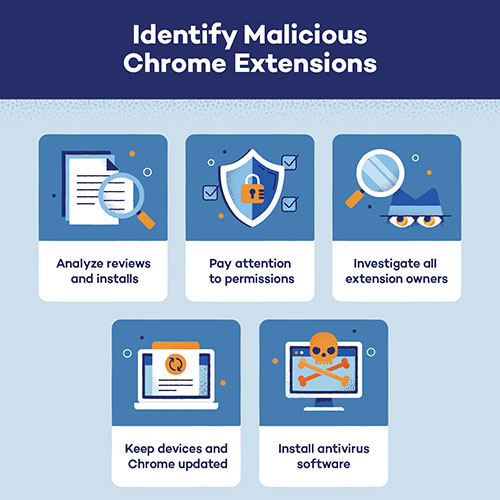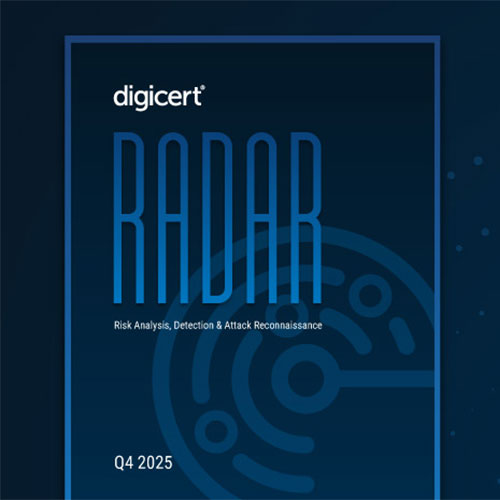Breaking News

The move signals growing scrutiny over Meta’s privacy practices, especially in high-security government environments.
In a decisive move to tighten cybersecurity, the U.S. House of Representatives has banned the use of WhatsApp on all official devices, citing concerns over WhatsApp data security. A memo from the Office of Cybersecurity flagged the Meta-owned app as high risk, pointing to its lack of transparency, absence of stored data encryption, and potential vulnerabilities as primary reasons for the ban.
The decision underscores growing discomfort within government circles regarding how third-party messaging platforms manage sensitive information. WhatsApp, despite its popularity and end-to-end encryption for messages in transit, was deemed unsuitable for high-security communications due to its limited visibility into how user data is stored and protected on servers.
The notice to all House staff said that the “Office of Cybersecurity has deemed WhatsApp a high-risk to users due to the lack of transparency in how it protects user data, absence of stored data encryption, and potential security risks involved with its use.”
In a decisive move to tighten cybersecurity, the U.S. House of Representatives has banned the use of WhatsApp on all official devices, citing concerns over WhatsApp data security. A memo from the Office of Cybersecurity flagged the Meta-owned app as high risk, pointing to its lack of transparency, absence of stored data encryption, and potential vulnerabilities as primary reasons for the ban.
The decision underscores growing discomfort within government circles regarding how third-party messaging platforms manage sensitive information. WhatsApp, despite its popularity and end-to-end encryption for messages in transit, was deemed unsuitable for high-security communications due to its limited visibility into how user data is stored and protected on servers.
The notice to all House staff said that the “Office of Cybersecurity has deemed WhatsApp a high-risk to users due to the lack of transparency in how it protects user data, absence of stored data encryption, and potential security risks involved with its use.”
In light of the ban, staff members have been instructed to transition to secure messaging apps such as Microsoft Teams, Wickr, Signal, iMessage, and FaceTime—each considered more robust in handling sensitive communication and more transparent in their security protocols.
The WhatsApp ban USA reflects a broader shift towards WhatsApp replacement apps in government and enterprise environments where data protection is paramount. It also brings Meta’s security practices into the spotlight once again, adding to the pressure on tech giants to bolster trust and transparency in their platforms.
This ban follows a global trend of reevaluating digital tools used by public institutions, particularly amid rising cyber threats and the need for tighter messaging app security. While WhatsApp remains widely used in personal and business contexts, its exclusion from official U.S. House operations highlights a critical need for data-secure communication alternatives in the public sector.
See What’s Next in Tech With the Fast Forward Newsletter
Tweets From @varindiamag
Nothing to see here - yet
When they Tweet, their Tweets will show up here.





























